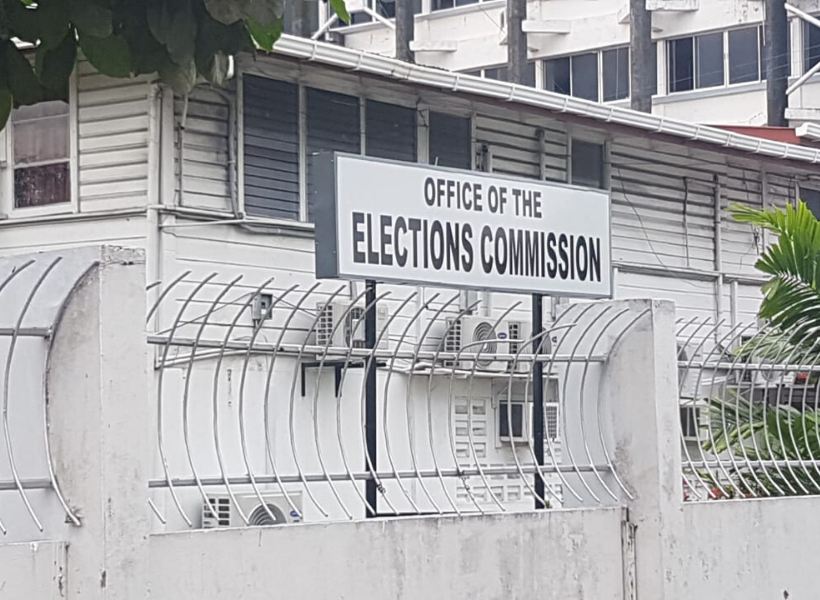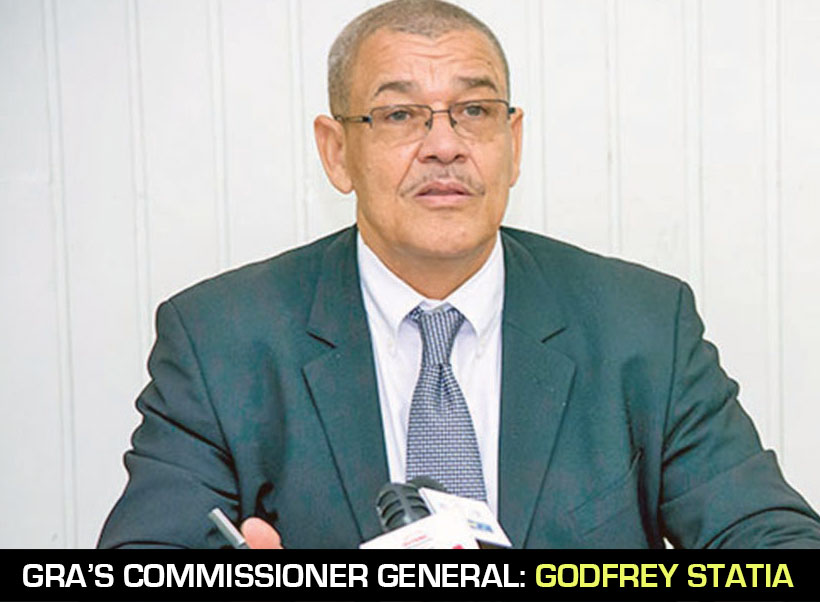Commissioner General of the Guyana Revenue Authority (GRA), Godfrey Statia is of the firm view that the stabilization clause in the ExxonMobil oil deal puts Guyana in an extremely disadvantageous position. In fact, Statia was keen to emphasize that it was one of the nation’s “greatest missteps” in the revised deal with the USA oil operator.
During an interview with the Guyana Standard today, Statia noted that it would be in the nation’s interest to remove this clause from the model Production Sharing Agreement (PSA)
He said, “The Department of Energy will be refining the Model Production Sharing Agreement and we would be consulted in that process. I expressed to my minister (Finance Minister, Winston Jordan) that we can’t give away the same tax concessions with the basin being de-risked. Not only do we have to revise the tax giveaways but most importantly, the stability clause. There is no tinkering that needs to be done with that. It needs to be thrown out.”
The Commissioner General continued, “We should not be signing on to anything that infringes on our sovereign right to apply legal, financial and regulatory changes to the oil sector in the future. It is bad business and frankly unpatriotic. We also need to analyze what this means for us today and what it will mean for us 15 to 20 years down the line if we don’t remove it.”
Statia added, “So we need to get out of this straitjacket. I would be recommending that they remove it altogether. Exxon is operating in several countries where they have contracts and there are no stabilization provisions. In other countries, they have contracts where they are open to amendments to the stability clause in the case of profound change in circumstances. So it would be nothing new if we revise it in their contract and for future contracts.”
Head of the Energy Department, Dr. Mark Bynoe also told the Guyana Standard today that the stability clause is an area that “must be changed.” He declined to offer a detailed comment on the moves made thus far on the revision of the model PSA. The environmentalist noted however that the recommendations of the revenue authority and other stakeholders who will be consulted on the matter will be “given the highest regard and used where it is deemed appropriate.”
Statia is not the first to advocate for the stabilization clause to be removed from the Guyana-ExxonMobil deal. Chartered Accountant and Oil and Gas Attorney-at-Law, Chris Ram has been quite vocal on this topic.
Ram in writings deemed the stability clause to be a Strangulation Clause and anti-Constitution. Ram had said that if Guyana were to amend any of its laws which would affect the entity’s operations then the Government would have to restore the benefits so lost to ExxonMobil.
Ram had noted too, that the Stability Clause provides, inter alia, “that any delay by the government to respond to any notification from the contractor that they may have suffered any adverse effects can result in the contractor taking the matter to arbitration.”













